OSFAIR 2019. It’s time to move
What happened?
The main conference themes:
- Infrastructure for open Science: services, methods and networks
- The European Open Science Cloud
- RRI and Open Science: bridging the gap
- Training and skills for Open Science
- Policies and evaluation
- Innovative publishing and research dissemination
- Value added data products and services for Open Science
On 16 to 18 September 2019 at the 19th century Congress Centre Alfândega in Porto, the second Open Science FAIR brought together a diverse audience of more than 400 Open Science practitioners. OSFair2019 was organized as an emblematic initiative of OpenAIRE, co-organized by three other EU projects in the area of Open Science: FIT4RRI, EOSC Secretariat and FAIRsFAIR and was locally curated by the University of Minho.
This years' theme: "Synergies for Sustainable, Open & Responsible Research" was an invitation to address major critical questions within the current research landscape, linking a wide range of topics, tools and innovative solutions to the wider concern around equality, equity and quality in the scientific ecosystem.
With the ambition to showcase the different elements of and next steps to transition to Open Science, an engaging programme of keynote speakers, presentations, discussions and workshop took us on a three-day journey.
Why the OSFAIR mattered
The conference not only aimed at information exchange but offered the opportunity to facilitate new thinking, co-creation, networking and new partnerships that will accelerate progress in open scholarship and sustainable research.
The conference was workshop-based with the emphasis on interaction, input, idea exchange, and space for participants to contribute to the discussion.
Between the lines
In the details
Keynotes
Yannis Ioannidis opened the second OSFAIR emphasizing the "AI" in FAIR, although not in the traditional translation of FAIR: since open data is not only necessary for a fair AI revolution, AI can also help create, explore and maintain FAIR data. While Rui Vieira de Castro urged for more national and institutional policies, Liina Munari (ERC) affirmed the strong stance of the EC in their next Horizon Europe programme for the three 'Os': Open Science, Open Science, Open to the World, while hinting at the importance of a well discussed topic for the next few days: EOSC. Paola Masuzzo held a passionate argument for diversity and inclusiveness both in terms of people, languages and research assessment. A plea to favour quality over quantity and to allow research to be more than just the success stories resonated with the audience.
Training
In the parallel workshops that followed, presenters stressed the need to not see FAIR as an end-goal but rather as an opportunity to enable (cross-disciplinary) research data discover (Peter Kraker). Training was there for seen as a priority to materialize the promises of FAIR. Seen from multiple viewpoints and targeted at different stakeholders many practical cases of how to implement FAIR training in different fields were presented. The importance of policy in combination with infrastructure was stressed again as well as the need for careful data management planning (Focussing on FAIR research culture). The ORION project provided some inspiration with interactive training methods such as MOOCs, OS café card deck, role play exercises, podcasts and more. On the side of infrastructure, digital and OS skills are cornerstones in EOSC's operations and how training could be provided and monitoring could be organized were discussed. The community of Practice for training coordinators (facilitated by OpenAIRE) and LIBER addressed the issues and strategies of making EOSC training more FAIR which saw a parallel to making data FAIR: curate training materials, make them findable through metadata, involve multiple-levels, and don't forget discipline-specific needs.
The challenge to train data stewards lay in the newness of the role (FAIRsFAIR) and the diversity in skills necessary for the job. A template for describing roles and skills and applying the terms4FAIRskills terminology to plan a curriculum, can guide institutions to sustainable management of their data stewards.
Challenges
"Plan S panel started at OA FAIR 2019. First message already - Plan S is not about APCs. Amen to that."
Paola Masuzzo
Challenges associated with Open Science integration into the broader societal issues and its sustainability on policy and infrastructural level were discussed. For example, the challenge to include citizen science in professional science doesn't only require from researchers to inspire and train citizens but also for the scientific community to listen to the needs of the community (Carlos Catalão Alves). In a similar way the implementation of a strategy on how to engage the public in solving a specific local challenge, asks for a sense of belonging by everyone in the co-creation ecosystem to share responsibility.
The success of Open Science depends on whether we address a key element in the system: research assessment. Where Paola Masuzzo emphasised the need for 'human metrics', Bernard Rentier called for a diversity of metrics, mentioning 23 criteria for research assessment and the need for contributorship over authorship as the first step towards a fair research assessment. The Plan S discussion also noted that assessment of research should happen based on their intrinsic merit not venue of publication (Neil Jacobs). COAlition S members will implement DORA principles to this end. While this is a strong sign for changing research assessment, the implementation might be difficult for universities. With panellist, apprehension persisted that Gold OA route must not reinforce monopolistic nature of scholarly publishing market (Vasco Vaz) and Plan S still an emphasis on APC too much (Luke Drury) while neglecting new publishing models, preprints and repositories.
National examples
Although Open Science crosses borders, we can learn from successful national initiatives. The national RDA note for Portugal provided an example of how a network of national nodes can provide an organisation with a diversity of outreach actions. In the same sharing and showcasing good practices of national actions and examples of how national initiatives are working to set up procedures for supporting EOSC can help guide a national EOSC action plan. Another inspiring national example was the pilot programme "You share, we take care", to push the exception in the Dutch Copyright Act to make as many publications Open after 6 months, a pro-active, multi-layered approach made it a successful pilot.
Infrastructure
The I in FAIR is a hot topic in e-infrastructure. To develop competitive and useful future services to support research and foster open science, we need innovative thinking based on openness and interoperability. When this can be successfully implemented the research landscape forms a de-facto federated/de-centralized global Open Science Graph, connected, open and FAIR. The information exchange can enrich all potential link in the chain. One of the workshops dreamed big by discussing intended use-cases, customers, and value-added services that could result from this network. Making this a reality, the organising European projects OpenAIRE, FREYA and FAIRsFAIR are all involved in strengthening collaboration and the role that PIDs can play in linking researchers, research outputs, and research information. Implementing EOSC at the national level was covered by the Journey to EOSC workshop which examined and showcased good practices and examples of how national initiatives are working setting up procedures for supporting EOSC, in particular towards some of the themes of the EOSC Working Groups. Conclusions from audience participation made clear that EOSC needs clearer communication and coordination bodies at the national level. A more coordinated effort could also support this by funding bodies and national centres of excellence in promoting the EOSC portal and clear incentives for early adopters.
"Only 26,6% of open access journals charge APC. Period."
Martha Whitehead
The bigger picture - takeaways
- While there is definitely still a road to go, we should not forget to celebrate our achievements. We've made massive progress.
- The emphasis on excellence in the research system is stifling diverse thinking and positive behaviours; research assessment must be performed on a multi-criteria basis
- FAIR is more than an end-goal it is an enabler for discovery and acceleration of knowledge. Furthermore, FAIR is to be embedded in the whole research ecosystem where it is a shared responsibility of all stakeholders involved to make FAIR happen.
- Sharing is caring, also for training: a community of trainers, joint training materials, open fewer materials, best practice exchange and peer-led, intensive hands-on workshops are good practices and give your training activities an extra FAIR-boost!
- Innovative public research infrastructures can only be created and maintain their independence and interoperability with secure long-term funding, incentivisation and team coordination.
- Open Science and FAIR is not only about knowledge but also about people. Inclusiveness is not optional!
- We need to work together for a long term vision of open access. Plan S is a good start; global voices existing alternative practices and innovative new models should be included to ensure a versatile and robust plan.
- With the launch of the EOSC, national initiatives can provide best practices on how to integrate infrastructure, services and knowledge. In exchange, EOSC can learn from the challenges of FAIRNess and sustainability to identify best practices on training and services. EOSC is also seen as custodians of standard for services and their level of FAIRness as was explored in the joint OpenAIRE, FAIRsFAIR, RDA Europe, FREYA, and EOSC-hub workshop to discuss actions to be taken to make services FAIR and who can help to achieve that goal.
For further information, you can follow the link to:
When you subscribe to the blog, we will send you an e-mail when there are new updates on the site so you wouldn't miss them.
About the author

funding from the European
Union's Horizon 2020 Research and
Innovation programme under Grant
Agreement No. 777541.

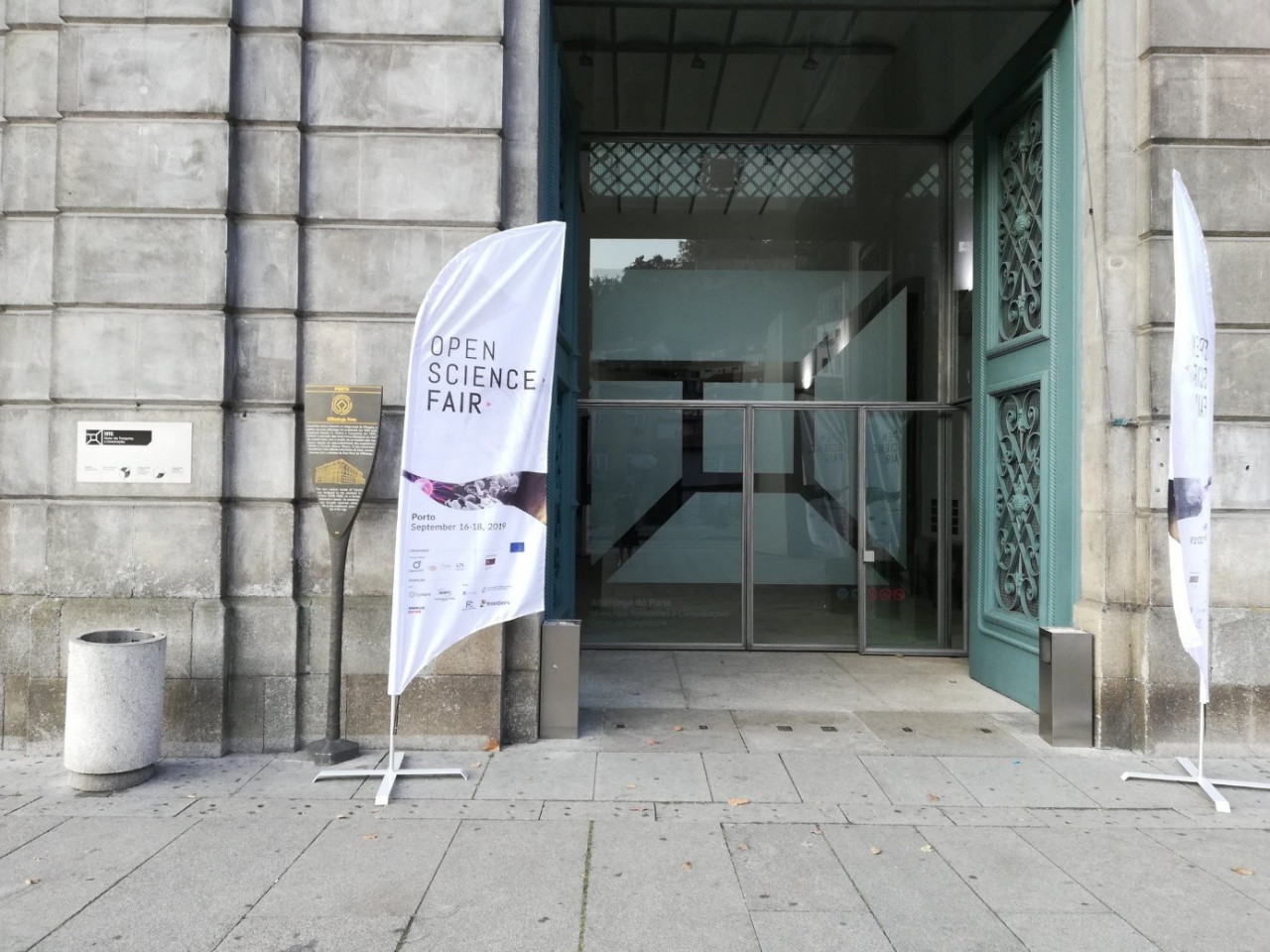
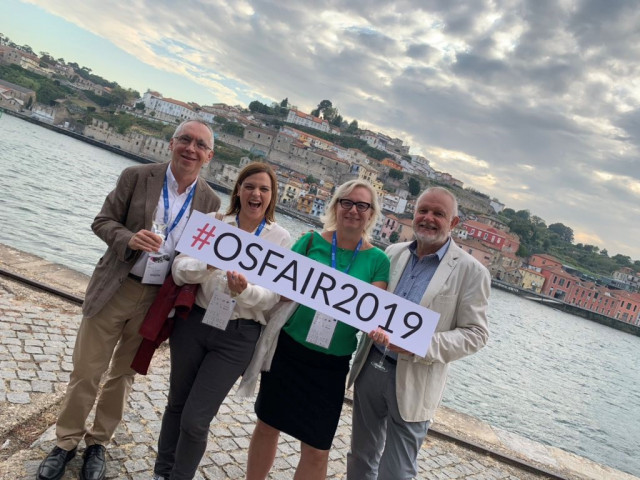
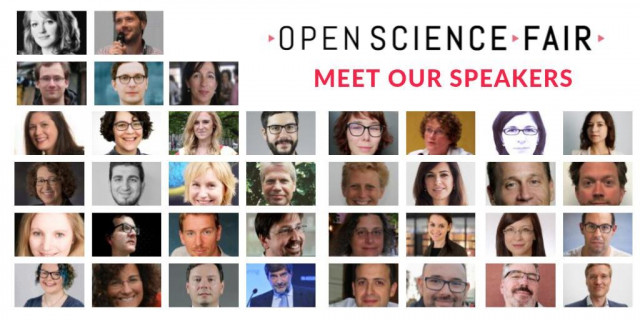
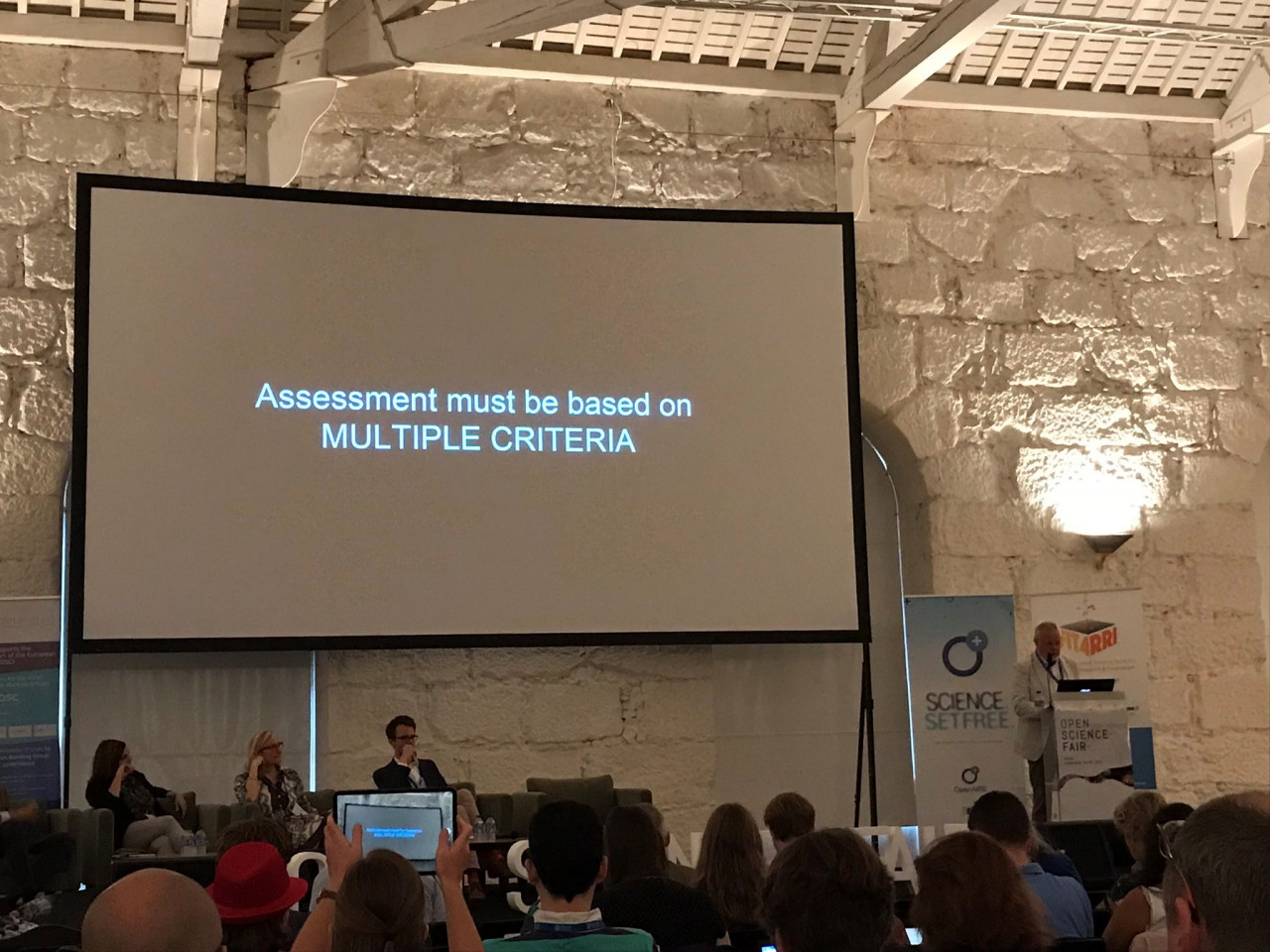
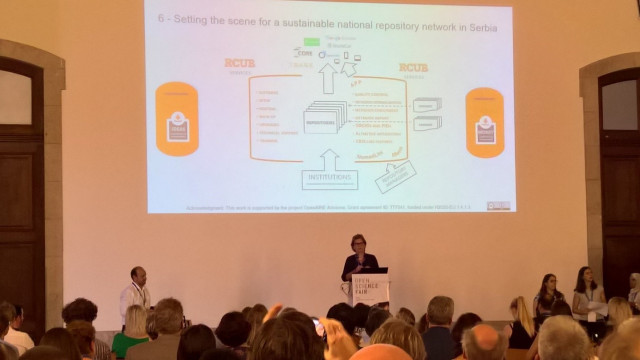
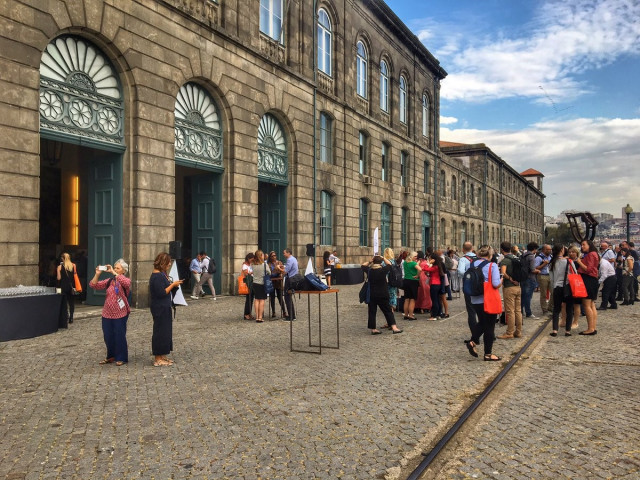
Comments